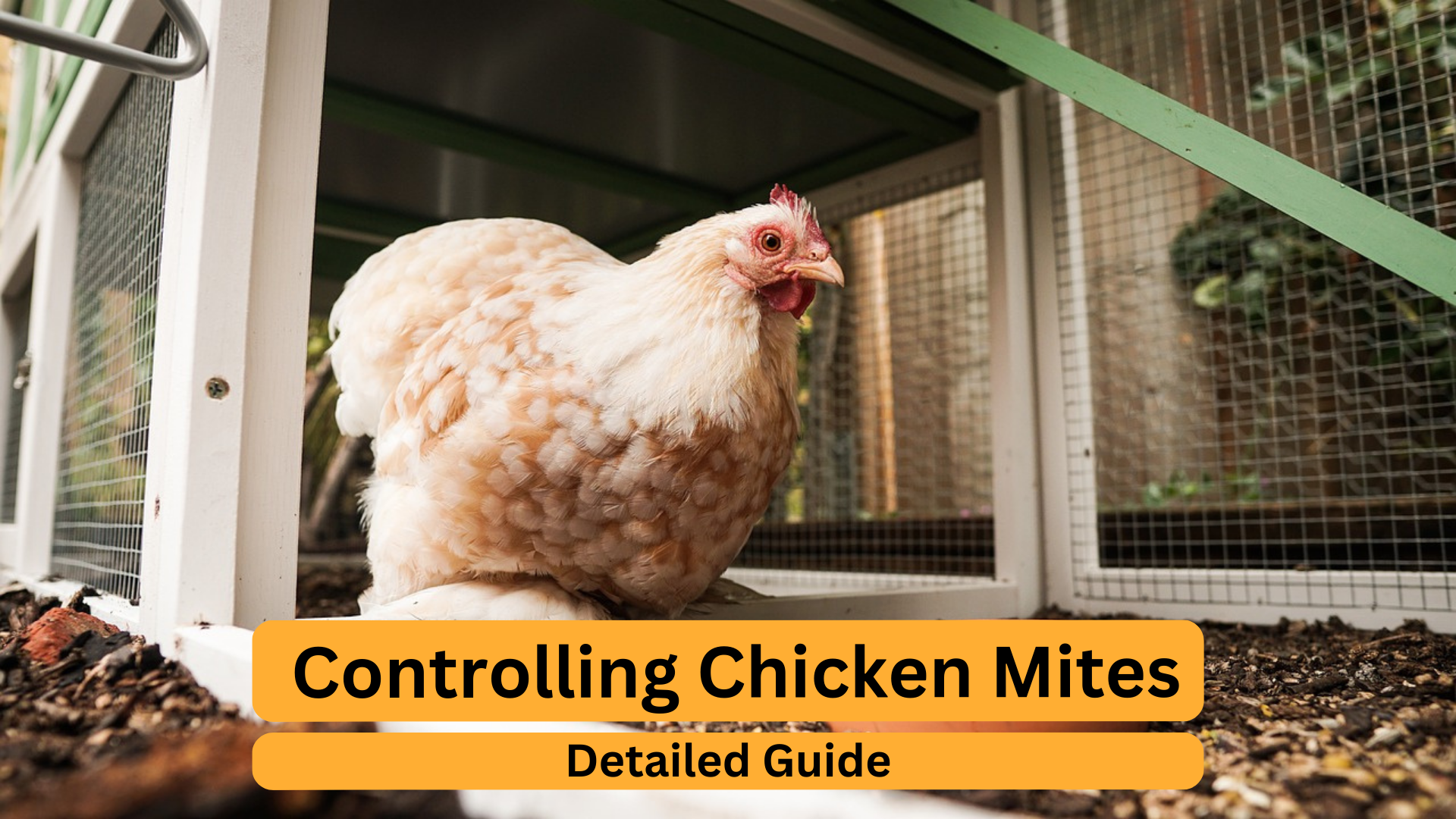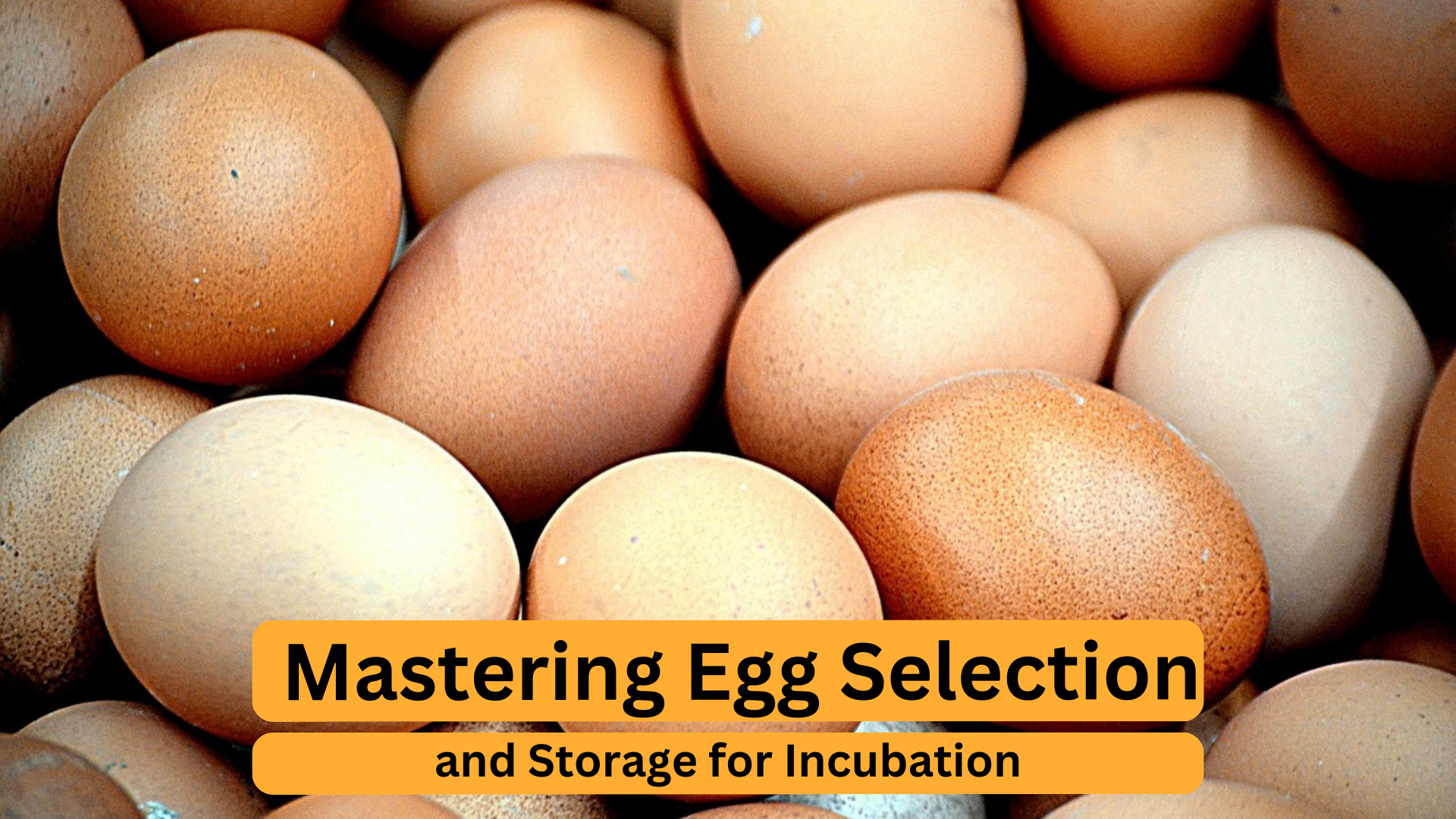The key processes in owning a happy and healthy flock!
STEP 1: Regulations
You're in for a rewarding experience if you want to start your own backyard flock. Owning your own chickens allows for you to have your own eggs, natural fertiliser and even home entertainment. But, before you get started, it's important to understand the fundamentals of chicken care. We'll walk you through everything you need to know to get started with chicken keeping in this guide. The first step is to look into local regulations. Before you rush out and purchase your feathered friends, check with your council to see if there are any regulations you must follow. Some cities and neighbourhoods may have restrictions on the number of chickens you can keep, the type of coop you must build, and how far away the coop must be from your neighbours.
STEP 2: Choose the right breed!
Choose the right breed! There are numerous chicken breeds to choose from, each with their own set of characteristics. Some breeds are known for laying a lot of eggs, while others are known for producing a lot of meat. Some breeds are also better suited to cold or hot environments and others have a softer temperament, making them a suitable option for kids. Conduct some research to determine which breed will best suit your needs and environment.
STEP 3: The chicken coop!
Building or buying a coop! A coop is a safe and secure place for chickens to live. You have the option of purchasing a ready-made coop or building one yourself. If you decide to build one, make it strong and predator-proof, with plenty of room for your chickens to roost and move around. Once you've got the coop, you'll need to properly set it up. This includes providing nesting boxes, roosting perches and food and water containers. Make sure the coop is well-ventilated and well-lit.
STEP: 4 Feed and water.
Feed, water and regular care! To stay healthy and lay eggs, chickens require a well-balanced diet. Commercial chicken feed can be purchased at your local farm supply store. Supplementing your chickens with food scraps such as vegetables and fruit can be a great addition to their regular diet. You must also ensure that your chickens have constant access to clean water. Whilst chickens are low-maintenance, but they do require regular attention. Cleaning and replacing bedding, collecting eggs on a daily basis, and inspecting your chickens for signs of illness or injury are all part of the job.









